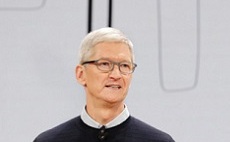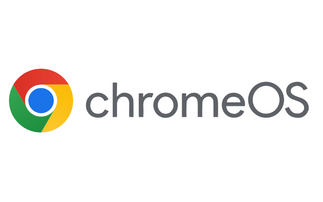Windows Phone also rises but future bleak for BlackBerry
Cheap iPhone 4 devices are tempting first-time smartphone buyers in the UK, helping Apple to raise its market share in the nation to 30.5 percent by the end of June 2013 - at the expense of Android...
To continue reading this article...
Join Computing
- Unlimited access to real-time news, analysis and opinion from the technology industry
- Receive important and breaking news in our daily newsletter
- Be the first to hear about our events and awards programmes
- Join live member only interviews with IT leaders at the ‘IT Lounge’; your chance to ask your burning tech questions and have them answered
- Access to the Computing Delta hub providing market intelligence and research
- Receive our members-only newsletter with exclusive opinion pieces from senior IT Leaders





















